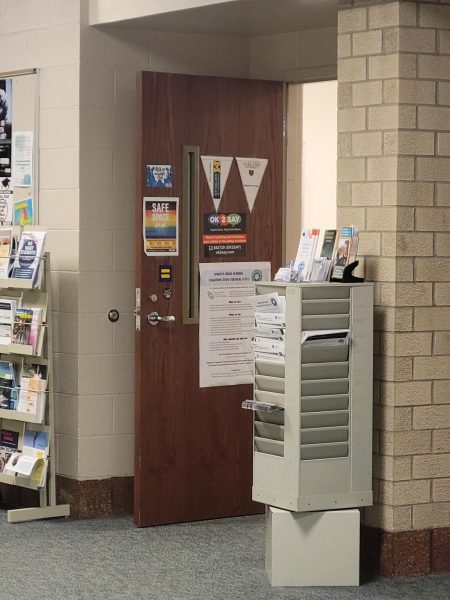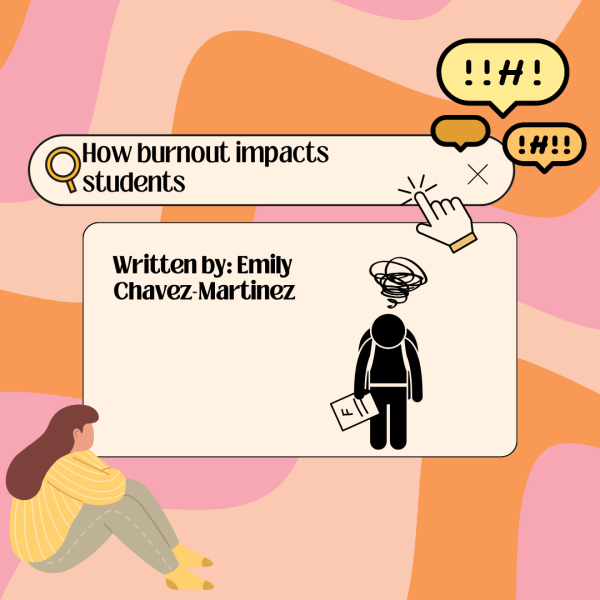Professionalism in College Courses
Going from high school to college could seem to be a big switch depending on where you plan to go. Before entering college, it is important to know how to look, act, and sound professional in the diverse types of classes that you may be enrolled in. Not only will staying professional allow you to take full advantage of your courses and resources, but it also sets you up for success in your future according to College Forward. Being professional should not cause you to change who you are; it is your ability to flaunt your greatest characteristics to others. With each different type of class that is available to take, there is a certain way to act in each of them.
Lecture- Style Classes: In a lecture class, the lesson is usually delivered by speech or a presentation. The lectures are known to take an extended period of time without any requirement of participation. These types of courses are said to be one of the most important classes for the subject that you are majoring in, so you should take advantage of the many things that are being said. These will be a valuable resource for your future. Based on the teacher you get, they could speak quickly or not allow questions until after the lecture, making them exceedingly difficult. By taking notes, you are not only showing that you care about this class but also showing that you understand the information enough to put it into your own words. Questions should also be written down so that they are not forgotten by the end of the lecture. Sitting in the front of the class could help you enormously, causing you to hear the words that are being said clearly and stay focused. Try to put your cell phone out of your reach and turn notifications off during this class, that way you are only fixated on the lesson the professor is teaching and nothing else.
College Discussion Classes: College Discussion classes, also known as sections, according to the College Board, are discussions that involve a small group of students being led by a graduate. These typically take place after a lecture, giving you additional assignments and the time to ask questions about what was said. These discussions are held to help the students build upon their knowledge of the topic and achieve greater learning outcomes. To come across as professional in these class discussions, there are many recommendations to consider before taking this course. It is important to prepare a structure so that your speaking is controlled and stays on topic. Participation is key in these classes and allows you to show the professor what you know about the topic and what you need a larger understanding of. Not only do discussions help you comprehend the topic better, but they also improve your speaking skills.
Laboratory Classes: Although entering a laboratory class could be intimidating, there are ways to get a head start on what you need to do to stay and look professional while participating in each lab. In most classes you are given a “pre-lab” paper before each lab that will be completed in class. By reading the “pre-lab”, you are making yourself clear of what you will need to do the day of the experiment. Without reading the document, it is likely that you will be highly confused and ask multiple questions. Planning before each lab gives you an opportunity to be aware of the many hazards that could take place; the most important thing to do in each laboratory classroom is to stay safe. Taking an extended amount of clear notes will also be helpful to you when completing the lab report which will be assigned to you after each experiment. Remember that your professors’ main goal is to help you get the data that you need, so asking questions is recommended and will not make you look any less professional.
Online Classes: Since online courses are typically done from your home or dorm room, it is hard to maintain a motivated mental state. Although there are many advantages to online courses, like allowing you to learn wherever works best for you, it is difficult to stay focused and professional. The best tip to go by is treating your online course as if it were an in-person class. To do this you must discipline yourself to sit down and follow through with all the assignments that you are given. Just because you are taking this class off your computer does not mean it is free; you are still paying and expected to show dedication to the course. Instead of sitting in your bed, go to a desk or an organized work place and make yourself look presentable. Not all professors will require you to have your camera on, but it is a way to motivate yourself to get things done. If you ever feel like you are falling behind in your online class do not be afraid to reach out, they are willing to help you succeed; that is their job after all.
Studio Style Courses: Studio college courses focus on hands-on work done through experimentation taught to those majoring in art, architecture, sciences, and instructional technologies. According to Charlotte Teaching, experience has shown that students learn skills more efficiently and are more ready to apply them into their careers by participating in hands-on courses during their college years. Since these classes promote independent learning, you are constantly able to apply your theories and methods into your course and speak about them with your professor. To succeed in this type of class you must stay focused and on task; your instructor is always willing to provide feedback and guidance. Being around the special materials that occupy the classroom space, it is important to be safe and cautious of the things and people around you.
Professionalism is the way you represent yourself in a positive way, by staying professional in your college courses you are not only showing that you are prepared but also that you are ready to succeed in the future.
Lecture-Style Classes:
Laboratory Classes:
Online Classes:
https://www.northeastern.edu/graduate/blog/tips-for-taking-online-classes/
https://poorvucenter.yale.edu/EffectiveClassDiscussions
Studio Style Courses:
Your donation will support the student journalists of Dakota High School. Your contribution will allow us to purchase equipment and cover our annual website hosting costs.
Madison Short is a senior at Dakota High School. This year will be her first year as a part of the Dakota Planet. She enjoys many things like traveling,...










